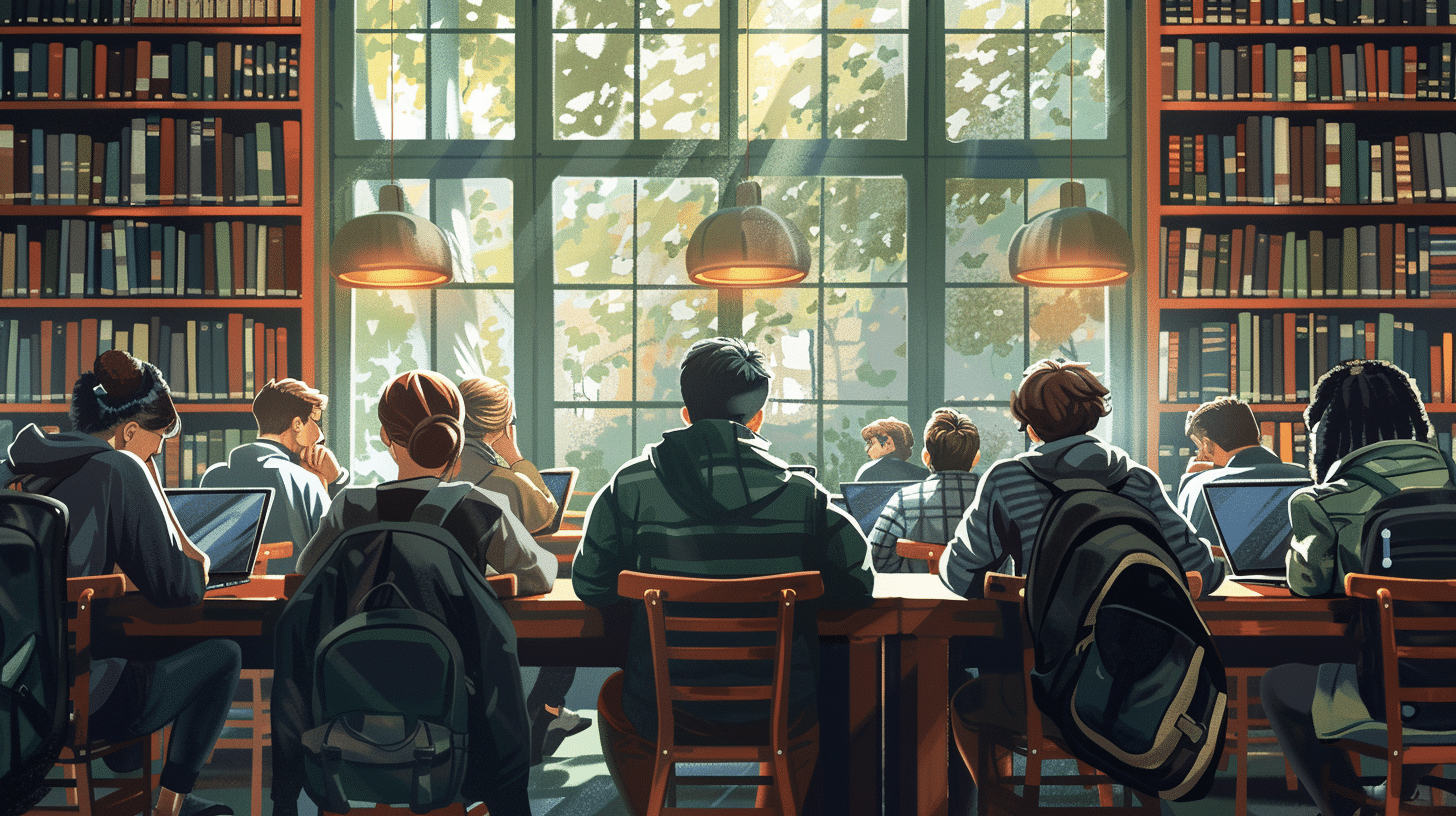Pick a language and start learning!
Irregular adjectives Grammar Exercises for French Language

Mastering irregular adjectives is a crucial step in achieving fluency in the French language. Unlike regular adjectives, which follow predictable patterns when modifying nouns, irregular adjectives can change in unexpected ways based on gender, number, and sometimes even the initial letter of the noun they describe. This makes them particularly challenging for learners, but also essential for communicating accurately and naturally. By understanding and practicing these irregular forms, you will not only improve your grammatical accuracy but also enhance your ability to express subtle nuances in your conversations.
In this section, we provide a series of exercises designed to help you get comfortable with the most common irregular adjectives in French. Whether you're dealing with adjectives that change completely between masculine and feminine forms, or those that have unique plural endings, our exercises will guide you through each variation step by step. You'll encounter practical sentences and real-life contexts where these adjectives are used, helping you to internalize their forms and apply them correctly in your own speech and writing. Dive in, and start transforming your understanding of French adjectives from irregular to instinctive.
Exercise 1
<p>1. La maison est *belle* (feminine form of "beau").</p>
<p>2. Il a acheté une voiture *neuve* (feminine form of "neuf").</p>
<p>3. Les enfants sont très *heureux* (masculine plural form of "heureux").</p>
<p>4. Elle porte une robe *blanche* (feminine form of "blanc").</p>
<p>5. Mon frère est *gentil* avec moi (masculine form of "gentil").</p>
<p>6. Les fleurs sont *fraîches* (feminine plural form of "frais").</p>
<p>7. Il a un chien *fou* (masculine form of "fou").</p>
<p>8. Le ciel est *bleu* aujourd'hui (masculine form of "bleu").</p>
<p>9. Marie est *douce* avec ses enfants (feminine form of "doux").</p>
<p>10. Les montagnes sont *hautes* (feminine plural form of "haut").</p>
Exercise 2
<p>1. La robe est plus *belle* que la jupe (beautiful).</p>
<p>2. Ce film est *meilleur* que le précédent (better).</p>
<p>3. Pierre est *gentil* avec tout le monde (kind).</p>
<p>4. Ma sœur est *fière* de son travail (proud).</p>
<p>5. Le château est très *ancien* (old).</p>
<p>6. Cette plante est *folle* (crazy).</p>
<p>7. Les enfants sont *heureux* aujourd'hui (happy).</p>
<p>8. Ce livre est *nouveau* sur le marché (new).</p>
<p>9. La solution est *simple* et efficace (simple).</p>
<p>10. Ce chien est *mieux* dressé que le mien (better trained).</p>
Exercise 3
<p>1. La maison est *belle* (adjective for beautiful in feminine form).</p>
<p>2. Les enfants sont *gentils* (adjective for kind in masculine plural form).</p>
<p>3. La fille est *heureuse* (adjective for happy in feminine form).</p>
<p>4. Le livre est *nouveau* (adjective for new in masculine singular form).</p>
<p>5. Les pommes sont *douces* (adjective for sweet in feminine plural form).</p>
<p>6. Le garçon est *fou* (adjective for crazy in masculine singular form).</p>
<p>7. La voiture est *vieille* (adjective for old in feminine form).</p>
<p>8. Les hommes sont *vieux* (adjective for old in masculine plural form).</p>
<p>9. La réponse est *fausse* (adjective for false in feminine form).</p>
<p>10. Les idées sont *nouvelles* (adjective for new in feminine plural form).</p>






